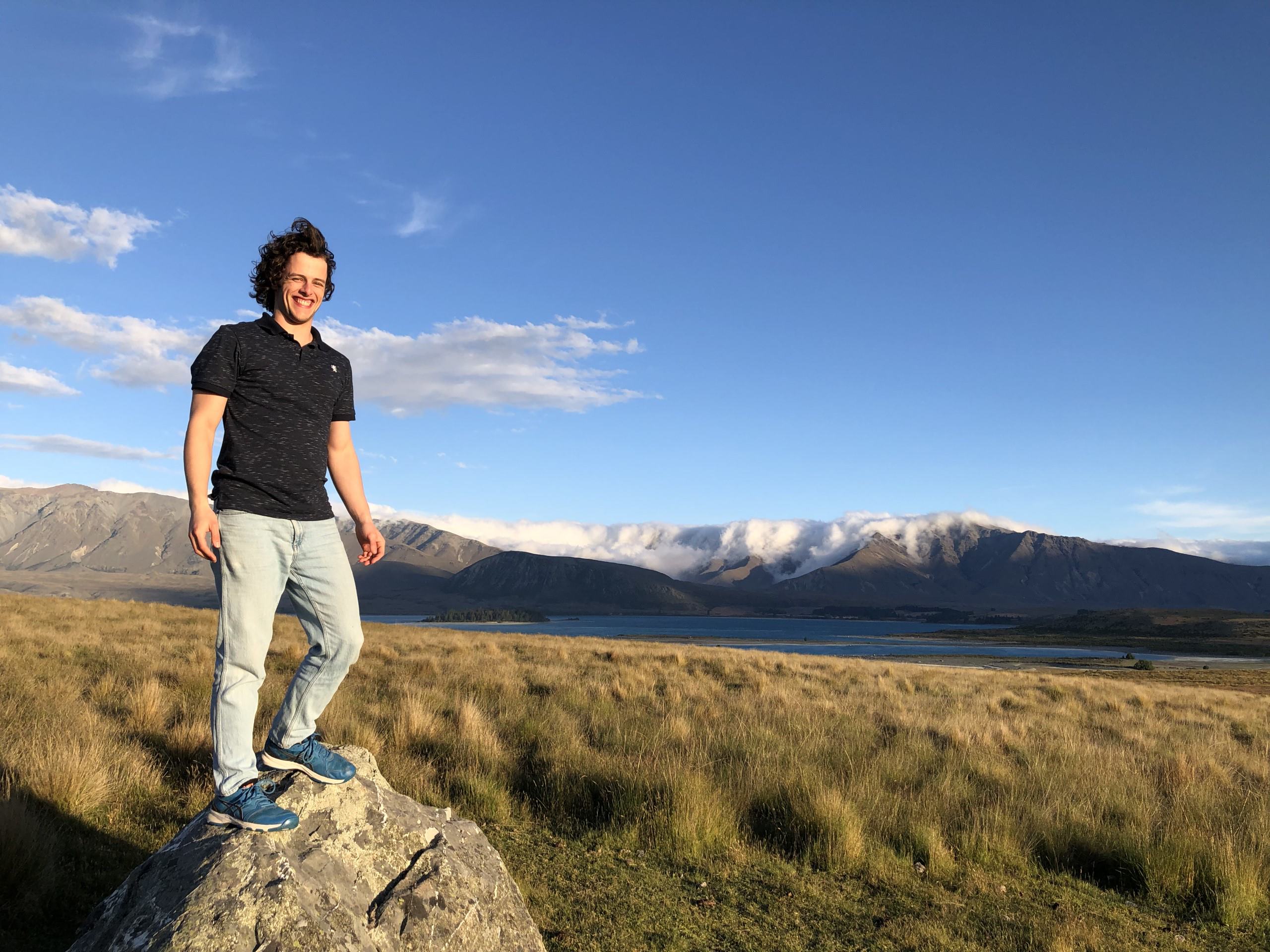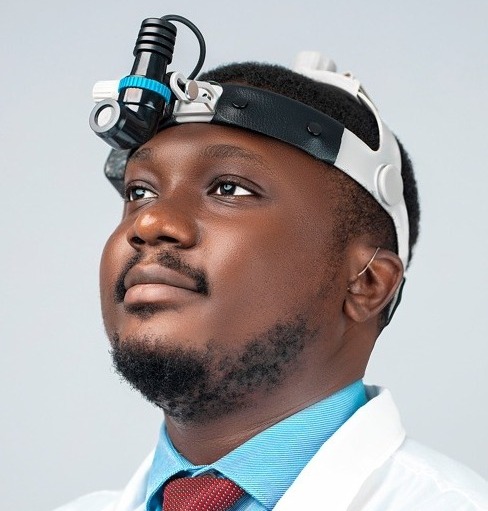
Get to know the Deaf rapper who performed at the Super Bowl
February 7, 2021
How to ask someone with hearing loss on a date
February 12, 2021Interview with deaf scientist Anna Krauss

A deaf scientist with a mission, Anna Krauss doesn’t want to be the only deaf person in the STEM field. It’s an area that’s rapidly changing, she says.
In the past few decades, leaders in STEM have made efforts to welcome minorities into the field, as they know that diversity drives innovation. Having a melting pot of new ideas and perspectives is essential for any growing field. However, D/deaf and hard of hearing people are still underrepresented in STEM.
Deaf People in STEM
Krauss is a recent graduate of the UTeach Program at the University of Texas at Austin. UTeach is a unique teacher certification program for future STEM educators. It emphasizes the need for growth in STEM education and improvement of the public school system. Krauss now works for the University of Texas at Austin as a high school research facilitator. She teaches high school students about scientific research and connects them with research opportunities at UT Austin.
In doing so, Krauss hopes to expand the field of STEM and make it more accessible for future generations. By making deaf people more visible in the STEM field and amplifying their voices, they can show deaf youth that anything is possible.
Read more: NASA Engineer: “We need more deaf people in STEM”
HLM talked with deaf scientist Anna Krauss about her career in science and how she was influenced by her deaf identity.
Interview with Anna Krauss, Deaf Scientist
HLM: Regarding deafness, what’s your story? What are your preferred modes of communication?
Krauss: When I was nine years old, I experienced total sudden sensorineural hearing loss. I used a hearing aid up until I was 22, then got a cochlear implant. I began learning sign language in middle school once I started using a sign language interpreter in my classes. Interpreters and captioning [were used] throughout my education. I use a total communication approach where I speech read with support from interpreters and CART. Usually [I] communicate with my voice and/or Pidgin Signed English but it depends on who I’m talking with. I also enjoy turning my voice off and communicating in American Sign Language with those who know ASL.
Read more: Hearing aids vs. Cochlear Implants
HLM: Tell us about your career and involvement in the STEM field. What inspired you to pursue this career of being a deaf scientist?
Krauss: I have always loved to learn, and refused to let communication barriers stop me from succeeding in school. Once I was introduced to science, I became enthralled with learning how things work. I studied biotechnology and molecular bioscience at the Rochester Institute of Technology and went on to do post-baccalaureate and graduate research in genetics and development. I have wanted to teach since childhood because I want to help others harness the power of learning. The deeper I immersed myself into science, the more passionate I became about making STEM education accessible to everyone. I am now a newly certified science teacher! It is my mission to be part of the movement to make STEM accessible to all students regardless of language barriers, disability, or identity.
“It is my mission to be part of the movement to make STEM accessible to all students regardless of language barriers, disability, or identity.”
HLM: Who has supported you throughout your STEM career and education and in what ways?
Kraus: My family, who has been there since before day one, are my biggest fans and have never failed to support me through even my most difficult times. The relationships I have made with others along this journey are extremely special. I have the unwavering support of several close friends. I have befriended many other deaf people and allies, especially at Rochester Institute of Technology. They are part of a huge support network. I also could not have succeeded without the support of people who brought access to me including my interpreters, teachers of the deaf, and accessibility services and diversity programs at RIT, Mayo Clinic Graduate School, and The University of Texas at Austin.
HLM: How have your experiences as a deaf person influenced how you think about STEM?
Kraus: I appreciate the true value of diversity in STEM. As a deaf person, I have faced daily accessibility barriers and learned to circumvent them by thinking differently and taking varied approaches to problems. This has graced me with a unique perspective and determined work ethic. There is always a way!
HLM: What are some of the struggles you face as a deaf person in STEM? And on the flip side, what are some positive experiences you’ve had as a deaf person in STEM?
Kraus: Due to the ubiquitous communication barrier that directly impacts lectures, study groups, conferences, seminars, and the research experience, being deaf in STEM can be challenging and isolating. It can be difficult to navigate obstacles, especially obstacles that others do not face themselves.
However, I have developed a strong sense of self-advocacy and worked hard to make meaningful connections with colleagues. I have great relationships with people in STEM who support me. [There have also been] opportunities to spread disability awareness along the way. I hope that by facing these challenges and advocating for change, I can help clear the path for others.
Read more: Confidence, ComPilot helped this gymnast and scientist soar
HLM: How has your experience as a deaf person in STEM been similar to your experience as a woman in STEM? How are these experiences different?
Kraus: As a woman I have frequently had to advocate for myself. Combined with my experience in advocacy as a deaf person, I have found courage and strength in my identity. I would say that more of the advocating I do is related to my experiences being deaf.
HLM: What advice would you give to a deaf person interested in exploring STEM?
Kraus: Your path through STEM will be unique. Keep persevering, stay positive, and don’t let obstacles discourage you. Sometimes you will have to fight hard for your dream. Maintaining perseverance through difficult challenges will make you unstoppable. Make and keep as many connections as you can. Build a support network. Be open to opportunities. Follow your passion wherever it takes you, through the peaks and valleys. Believe in yourself!



